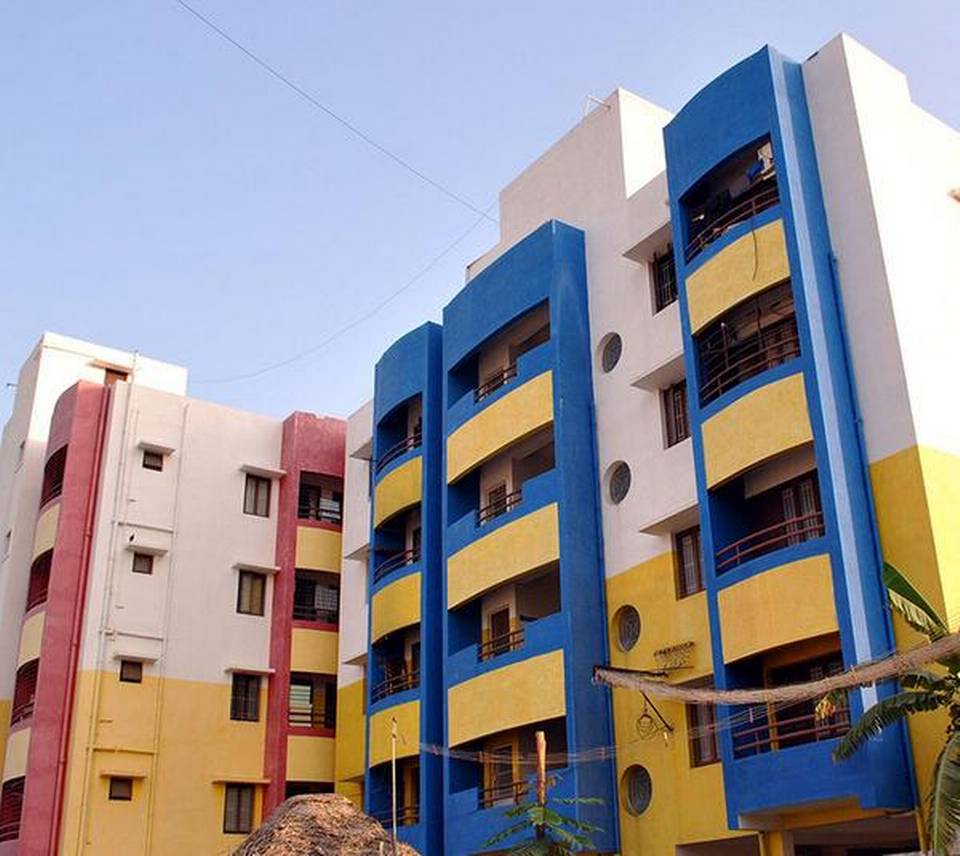RERA registration for projects

Your property-related legal queries answered by S.C. RAGHURAM, Partner, RANK Associates, a Chennai-based law firm
I have purchased a flat in Thaiyur village, Kelambakkam. The said plot comes under the jurisdiction of the DTCP. The promoter has provided 4 to 5 amenities on OSR land. Is this legal?
K. Shanjeev
Chennai
As per the prevalent development and building rules, in any project where the extent of land exceeds 3,000 sq.mts., reservation of lands for recreational purposes such as park or playground should be done as per the provisions stipulated therein.
The space so reserved has to be transferred to the local body by a registered gift deed. The local body concerned may permit the association of flat owners to maintain such reserved space as park or playground.
Other than this, the only permitted uses are structures for watchman booth, garden instruments room, public toilet or police booth, provided the total floor area does not exceed 5% of OSR area in one place.
We are a set of owners of a Housing Board complex and we are keen on redeveloping the same. If a developer registers their company under RERA, does it mean the company’s financials are verified? Does RERA add credibility to a builder?
A. Sivakumaran
Chennai
The object of The Real Estate (Regulation and Development) Act of 2016 (RERA) is to ensure accountability of the promoter to the allottees, transparency, professionalism and fair play in real estate transactions as well as a standardisation of process across the country. In addition, the Act establishes a regulatory system to enforce contracts and a fat track dispute resolution mechanism.
Any real estate project (commercial or residential) developed over land exceeding 500 sq.mts. or having more than eight units, should be registered with the Real Estate Regulatory Authority constituted under RERA.
At the time of registration, the promoter should disclose the details of his/her enterprise, projects launched by it in the past five years, any delay in completion of earlier projects, details of cases pending etc.
The promoter should also submit the approvals and sanctions for construction, scheme of development, proforma of agreements and other documents to be executed with the allottees, date of completion and certain other particulars.
The Regulatory Authority collects these details about the promoter from the perspective of the specific project which gets registered under the Act.
For a comprehensive study of the promoter’s financials, it is advisable to do a thorough due diligence through your auditors and make an assessment of its financial position and standing.
Leave a Reply
Your email address will not be published. Required fields are marked *
